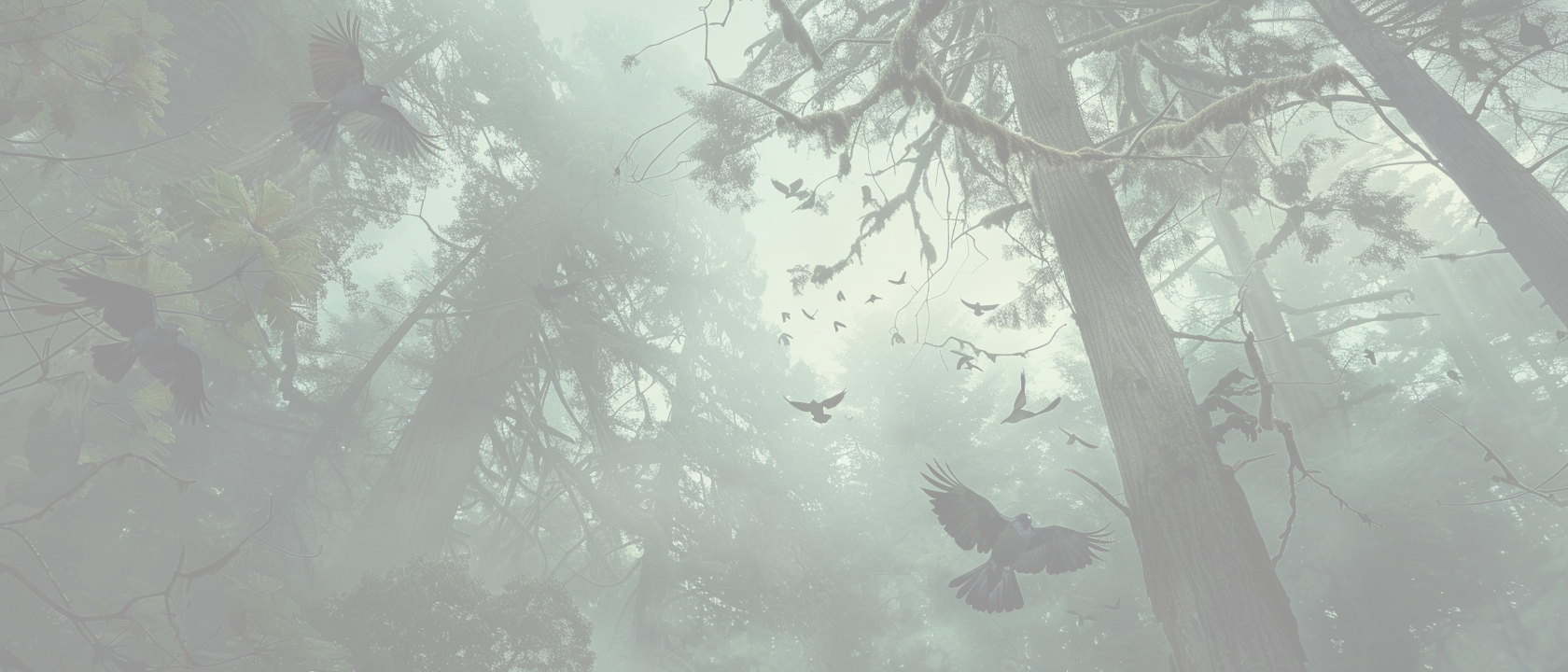There have been a lot of articles coming out (and even a few books) about the recent rise or resurgence of the witch in society as well as popular and social media. Is it a trend? Is it a lifestyle? Is it a culture, religion, practice, skillset, identity, political statement, or something far more nefarious? Is it a joke? What IS a witch, what do “real witches” think, and should we be alarmed? If so, who should be and why? These topics (and so many mores) are bouncing around various internet communities (witch-focused and otherwise) and it’s been fascinating to watch this discussion happen.

This isn’t the first time that witches have become popular or trendy, but I suppose it’s the first time that it’s happened since social media became so central to everyday life. In fact, whether you love the witch trend or hate it, it’s obvious that social media has been at the heart of the of this latest round of popularity – the last time witchcraft was even close to this popular in the mainstream was when The Craft, Practical Magic, Buffy the Vampire Slayer, the Charmed TV series, and various other shows and movies came out all within a few years of each other. I was just graduating high school at the time, an out and proud pagan and established in my practice, though still avoiding the label “witch” myself, if not the actual practice. These shows were actually responsible for “outing” me to a lot of my friends during that period when they realized that if these characters were doing certain things and they were witches and I was doing those same things, then that probably meant that…. well, yes, it did.
So, yes, this isn’t the first witch trend that’s come around and it certainly won’t be the last one, but it’s certainly the largest and most popular one I’ve seen so far. I, for one, am all for it. As a professional witch and tarot reader, being raised to keep things secret, it is novel and wild to me that I am able to be so open about my practice, my profession, and my religious beliefs now. During my last corporate job (which I left in 2008), it was risky to be an open Pagan, even with all the legal protections and a Human Resources department that was supportive on paper (NOT in practice, though).
The world is a very different place.
One of the major concerns from within the spiritual and witchy community is that the people coming to the practice are just dabbling, experimenting, playing, or otherwise insincere and messing around. I can sympathize with this point of view – we want our practices to be seen as serious rather than a costumes or toys, to be treated as a real skillset, something sacred and special that can have serious repercussions – all of which is true. But this line of worry also has it’s issues… one of which is that witchcraft is a ton of fun, not particularly rigid, and accepting of most people. Which makes exclusivity pretty complicated! In addition, everyone has to start somewhere – if we aren’t welcoming to newcomers, how can new folks ever join the community?

In addition, there is no ultimate authority in witchcraft or Paganism (one does not have to be Pagan to be a witch), as in other churches, like a Pope or even church officials to create policy that the community is bound by – the solitary, independent practitioner can have as much experience and authority as a leader of an established witchcraft tradition. The lack of rules, requirements, and commitments makes witchcraft extremely accessible and you can be as hardcore or as casual about it as you like and telling the difference is nearly impossible from an outside perspective.
Unfortunately, as a result of all this variance and difference in practice, belief, tradition, and systems, there’s also a lot of disagreements about what is legitimate and what isn’t and there can be a lot of judgment going around (isn’t that just like humans?), and the issue of who gets to be considered “real” and who doesn’t comes up often. I have some concern that this kind of judgment could actually be creating an image that is far LESS welcoming than what we would prefer (rather than our worries of being too accessible).
Even if people ARE just playing, dabbling, or putting on a costume for Instagram likes – that small bit of exposure and association will result in wider acceptance, understanding, and less discrimination in the future and as time goes by in the larger world. I, for one, am very much enjoying not having to hide my practices and beliefs anymore, after doing so for nearly 30 years and look forward to being more open and comfortable about doing so.
May the Season of the Witch continue!

Articles inspiring this post:
“We Have Reached Peek Witch” (The New York Times) – https://www.nytimes.com/2019/10/24/books/peak-witch.html?fbclid=IwAR3jxvJPUEvQQiuFBJfhdeFYAPERJBh203UqzagKEH9CXEjzcxUMSPeqVJM
“Which Witch is Which? Millenials and Witchcraft (CultureTrack) – https://culturetrack.com/ideas/which-witch-is-which-millennials-and-witchcraft/?fbclid=IwAR085Msz8acQqcgKs43EZ1niUyvA8AGUgaALAjtujfy2eRYU4AnRqu71x9Y
“Witch Season Provides a Deep Look Into the Millennial Mindset” (Religion News) – https://religionnews.com/2019/10/10/witch-season-provides-a-deep-look-into-the-millennial-mindset/?fbclid=IwAR2Yl6OTzvvFcdWjWqVRm_x_EwVhGMB0PluMQyqs9UZhOmzjZ5V8sVjpU2M
Books:
Waking the Witch by Pam Grossman
Witch – Unleashed. Untamed. Unapologetic. by Lisa Lister
Hexing the Patriarchy by Ariel Gore












